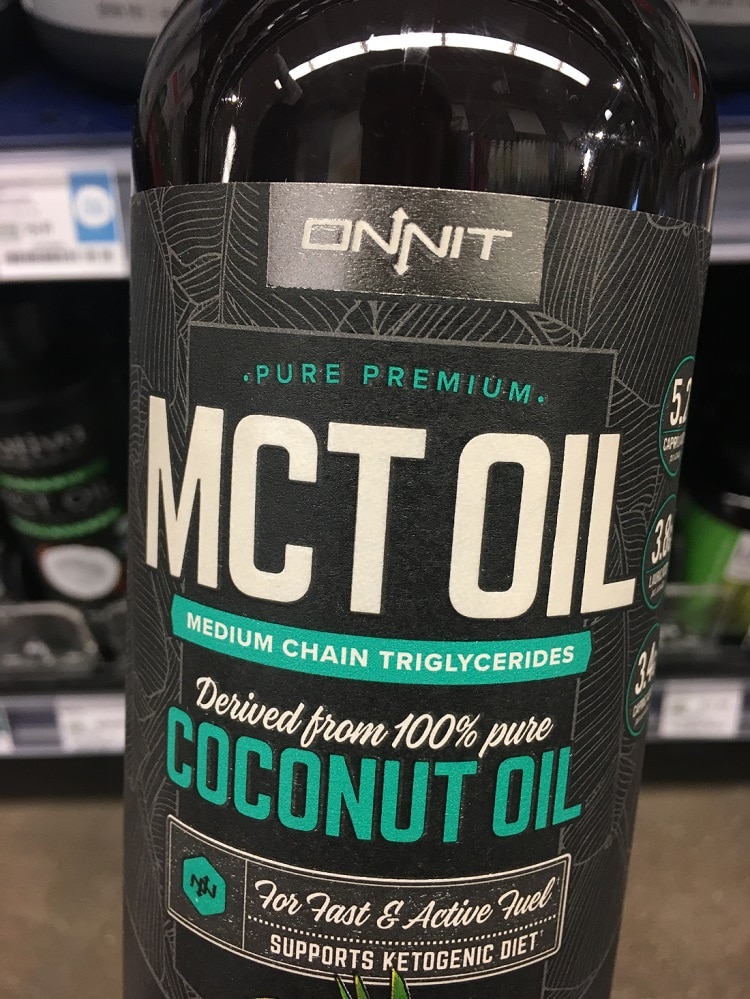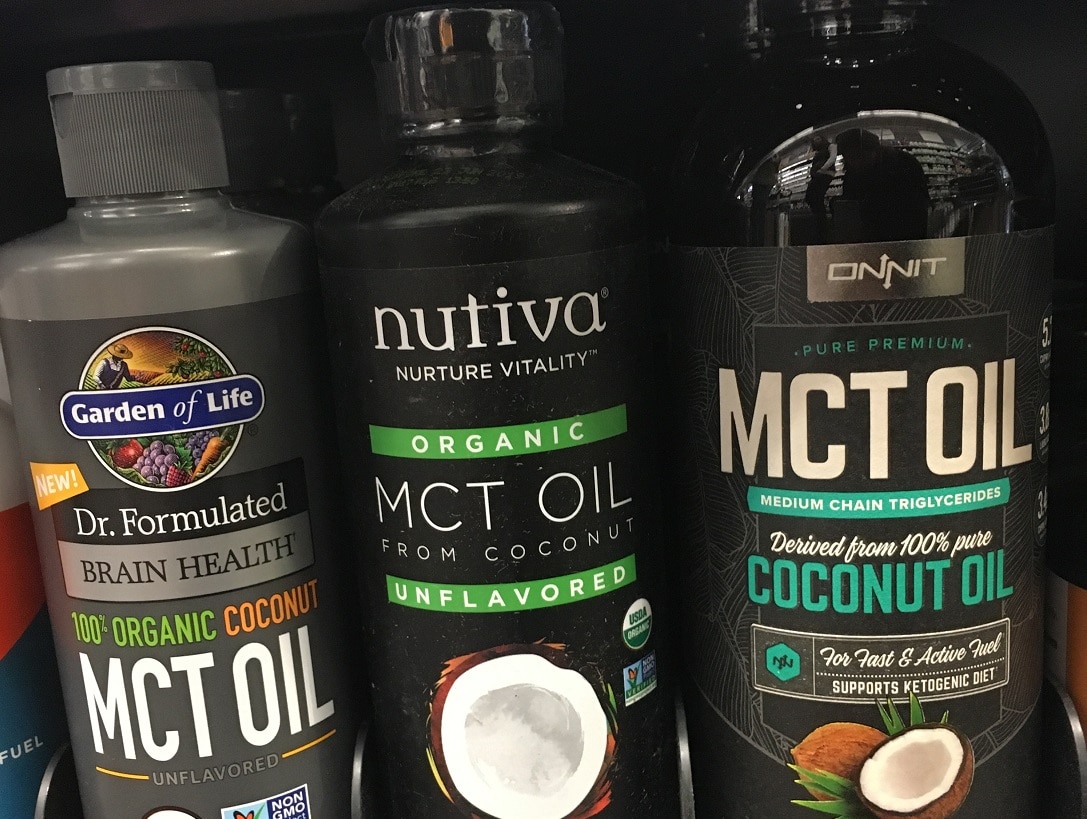If you’re thinking about switching up your diet to include higher levels of saturated fats, look no further than MCT oil. We can’t be the only ones who have it on our radar as a major wellness trend for 2018!
Here’s what you need to know about MCT oil before considering incorporating it into your life.

“MCTs” are medium-chain triglycerides, which are basically saturated fatty acids that break down easily and have numerous reported health benefits, ranging from improved cognitive function to better weight management. MCTs are actually believed to be largely missing from the diets of the majority of people, most likely because we have been led to believe that all forms of saturated fats are harmful.
MCTs are easily digested and sent directly to your liver, where they have the ability to positively alter your metabolism. This is one reason why many people claim that MCTs are burned by the body for energy, or “fuel,” instead of being stored as fat. Coconut oil is a great source of MCTs, as roughly 62–65% of the fatty acids in coconut oil are MCTs. MCT comes in a powder or liquid, which are both perfect for adding to coffee or shakes.

Some wellness experts say that, ideally, MCT oils like coconut oil should be consumed daily. Certain saturated fats, especially MCTs and other healthy fats found in things like coconut oil or grass-fed beef, are in fact easier to digest than long-chain triglycerides (LCTs) and might even have more benefits related to heart health, obesity prevention and brain health, too.
Caron, the supplements category manager of Kimberton Whole Foods, says, “MCT oil, made from coconut oil, is designed to support brain health and to provide a fast burst of energy. It is believed that MCTs are used more readily as fuel, giving one the same benefits of a ketogenic diet without cutting carbs. Try using it to make salad dressing, blending it into a smoothie, or adding it to your morning coffee.”
Aside from coconut oil, smaller amounts of MCTs can also be found in certain other foods with saturated fats including butter (especially butter from grass-fed cows), cheeses, palm oil, whole milk and full-fat yogurt.

We asked Marissa Lutz of Lancaster why she’s an avid user of MCT oil and she said, “I started replacing my morning coffee with MCT oil after I researched fasting and how MCT causes your body to utilize fat for energy instead of sugar. I love how focused and alert I feel well into the afternoon, unlike a regular coffee that only energizes me for an hour or two. The biggest plus for me in using MCT oil is there is no caffeine crash at 2 p.m. I also stay fuller longer when I start my day with MCT oil.”
Others have found MCTs and saturated fats to benefit them on a daily basis in additional ways. MCTs reduce the risks of low-fat diets and they’re supportive of your gut environment, especially since they have the capability to combat harmful bacteria, viruses, fungi and parasites. MCTs contain antioxidant properties, which is why coconut oil has far-reaching inflammatory benefits that have led it to be used to treat dozens of health problems in folk medicine for centuries.
So, here’s a breakdown of how fatty acids are capable of helping you:
- Maintain a healthy weight: MCT helps make you feel full
- Specifically reduce stored body fat: It also raises your metabolic function
- Have more energy
- Think more clearly
- Experience better digestion
- Balance hormone levels
- Improve your mood
- Fight bacterial infection and viruses
- Absorb fat-soluble nutrients from various foods.
As always, there’s a lot more information out there on this trend, and we encourage you to do your own research. Consult your medical practitioner before incorporating any supplements into your daily routine.
Do you take MCT oil? What benefits have you noticed from it?
- Feature photo: Bigstock
- Product photos: Emily Kovach




